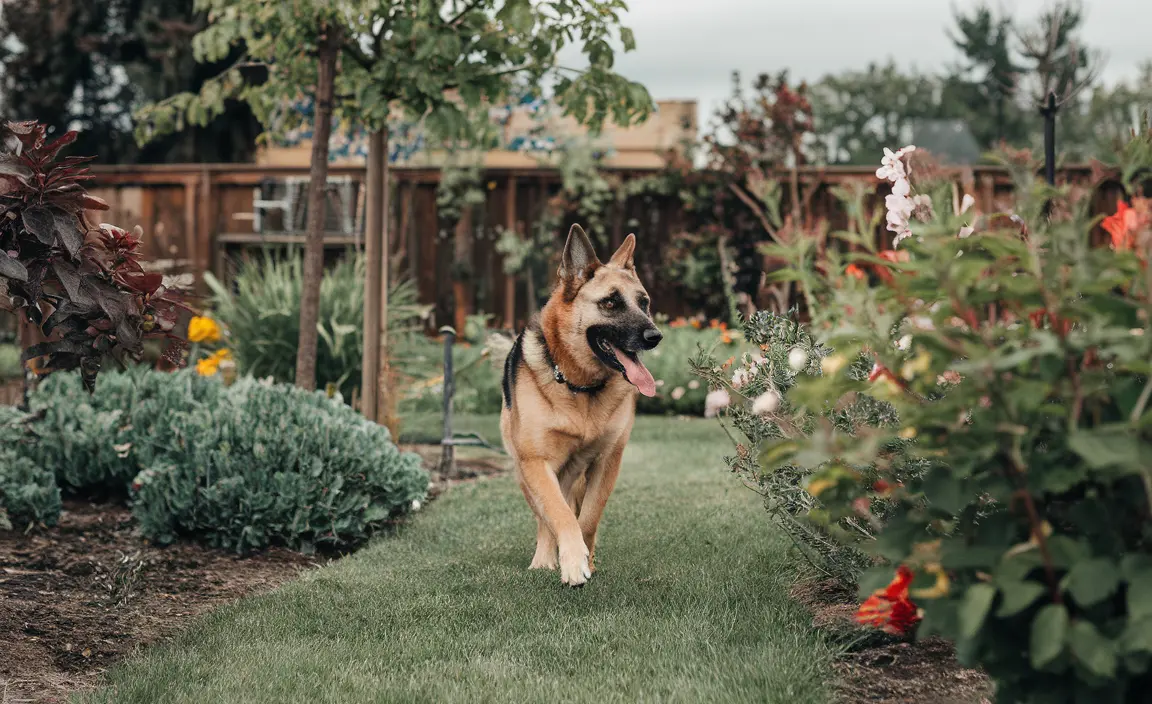If you're considering adding a furry companion to your family, the German Shepherd Lab mix might just be the perfect breed for you. Often called a Sheprador, this incredible hybrid combines the best traits of two beloved dog breeds, creating a loyal, intelligent, and affectionate four-legged friend that can steal your heart in an instant.
In this comprehensive guide, we'll dive deep into everything you need to know about the German Shepherd Lab mix, from their unique characteristics to their care requirements, helping you decide if this remarkable breed is the right fit for your home and lifestyle.
Understanding the German Shepherd Lab Mix Breed
Origins and Breed Background
The German Shepherd Lab mix is a deliberate crossbreed that brings together the intelligence of the German Shepherd and the friendly nature of the Labrador Retriever. This combination results in a dog that is not just physically impressive but also emotionally attuned to its family.
Physical Characteristics
Typical Shepradors stand between 20 to 27 inches tall, with females weighing around 75-85 pounds and males ranging from 85-95 pounds. Their robust build reflects the strong genetic heritage of both parent breeds. Coat colors can vary widely, including cream, brown, white, gray, black, and red, offering potential owners a beautiful variety of appearances.
Exercise and Physical Needs
Daily Activity Requirements
One of the most critical aspects of owning a German Shepherd Lab mix is meeting their substantial exercise needs. These dogs are high-energy companions that require at least 60-90 minutes of vigorous physical activity daily. Without proper exercise, they can become restless and potentially develop destructive behaviors.
Recommended Exercise Activities
- Long walks or jogs
- Fetch and interactive play sessions
- Agility training
- Swimming
- Hiking
- Dog park visits
Training and Socialization
Intelligence and Trainability
Shepradors inherit exceptional intelligence from both parent breeds, making them highly trainable. Early socialization and consistent, positive reinforcement-based training are key to developing a well-adjusted dog. Their desire to please and quick learning capacity means they often excel in obedience and can even be trained for specialized tasks.
Social Behavior with Families
These dogs are renowned for their loving temperament and strong bond with family members. They typically do exceptionally well with children, displaying patience and protective instincts. However, early socialization remains crucial to ensure they develop appropriate interaction skills.
Grooming and Maintenance
Coat Care
Be prepared for significant shedding! The German Shepherd Lab mix requires regular grooming to manage their dense, often double-layered coat. Brushing 3-4 times per week helps control loose hair and promotes healthy skin and coat condition.
Health Considerations
While generally healthy, Shepradors can inherit potential health issues from their parent breeds. Regular veterinary check-ups, maintaining a balanced diet, and providing consistent exercise can help mitigate many breed-specific health concerns.
Frequently Asked Questions
What are the common health issues associated with German Shepherd Lab mixes?
Potential health concerns include hip dysplasia, elbow dysplasia, eye disorders, and potential genetic conditions from both breed lines. Regular veterinary screenings can help early detection and management.
How much exercise does a German Shepherd Lab mix need daily?
These dogs require 60-90 minutes of vigorous daily exercise, including physical activities and mental stimulation to prevent boredom and potential destructive behaviors.
Are German Shepherd Lab mixes good with children, and what socialization is needed?
They are typically excellent with children when properly socialized from a young age. Early exposure to different people, environments, and gentle training helps develop their naturally friendly disposition.
How do I train a German Shepherd Lab mix puppy effectively?
Use positive reinforcement techniques, start training early, maintain consistency, and focus on reward-based methods. Short, engaging training sessions work best for these intelligent dogs.
What are the best ways to manage shedding in a German Shepherd Lab mix?
Regular brushing (3-4 times weekly), using deshedding tools, maintaining a healthy diet, and occasional professional grooming can significantly help manage their shedding.






